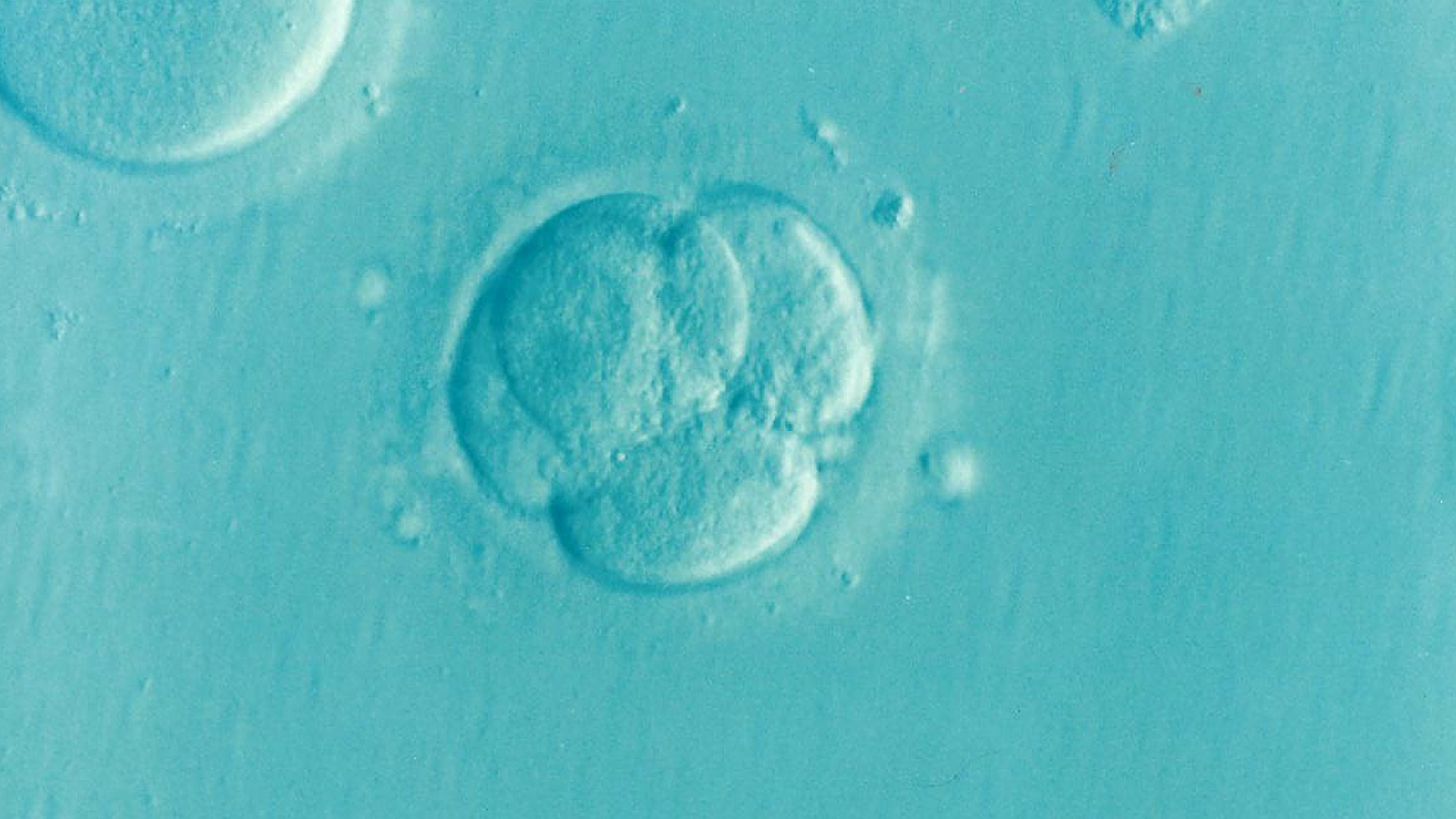For a Change of Heart, Would-Be Egg Donors Face Threats and Bills
By Alison Motluk,
UNDARK
| 02. 24. 2020
Some fertility clinics and agencies are taking a harsh approach to women who change their minds about donating eggs.
In the summer of 2017, Julie Johnson saw a Facebook ad about egg donation. Somebody out there — an older mother, maybe, or a gay couple — needed eggs to have a child, and hers could be removed and given to them. In return, she could make a few thousand dollars. After giving it some thought, Johnson decided egg donation was something she might like to try. She filled out online forms about her family’s health history and about herself. Not long after, someone from a network of clinics called the Fertility Institutes got in touch about an appointment.
The Fertility Institutes was founded in Los Angeles, but it has offices and affiliates across the country and around the world. During Johnson’s first meeting with the group, at an office in Draper, Utah, near her home, she went through a basic health screening and learned more about the process.
Egg donation isn’t easy. Typically, it requires a woman to synchronize her ovulation cycle with that of the recipient woman, using birth control pills. Then the donor injects herself with hormones...
Related Articles
By Julia Métraux, Mother Jones | 02.10.2026
Why was Jeffrey Epstein obsessed with genes? In the latest tranche of Epstein records and emails made available by the Department of Justice, themes of genes, genetics, and IQ—alongside more explicit threads of white supremacy—keep cropping up, often adjacent to Epstein’s...
By Teddy Rosenbluth, The New York Times | 02.09.2026
Dr. Mehmet Oz has urged Americans to get vaccinated against measles, one of the strongest endorsements of the vaccine yet from a top health official in the Trump administration, which has repeatedly undermined confidence in vaccine safety.
Dr. Oz, the...
By Ava Kofman, The New Yorker | 02.09.2026
1. The Surrogates
In the delicate jargon of the fertility industry, a woman who carries a child for someone else is said to be going on a “journey.” Kayla Elliott began hers in February, 2024, not long after she posted...
By Alex Polyakov, The Conversation | 02.09.2026
Prospective parents are being marketed genetic tests that claim to predict which IVF embryo will grow into the tallest, smartest or healthiest child.
But these tests cannot deliver what they promise. The benefits are likely minimal, while the risks to...




